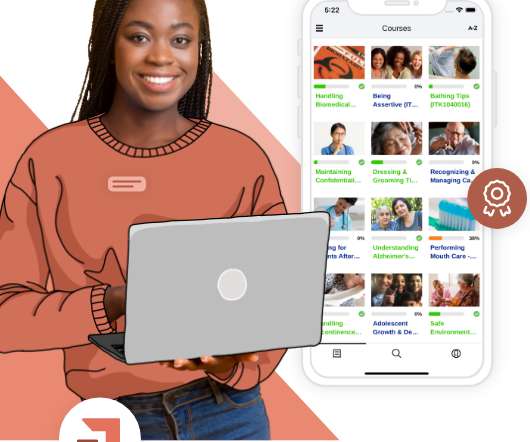How to Overcome Denial of Senior Care Needs from Family Members
Home Sweet Home In-Home Care
MARCH 7, 2023
Many family caregivers face a denial of senior care needs from other family members, but these tips can help you educate them on your loved one’s needs. When you start to notice the red flags that care at home is necessary for someone you love, it’s very common for the person to resist the idea.












Let's personalize your content